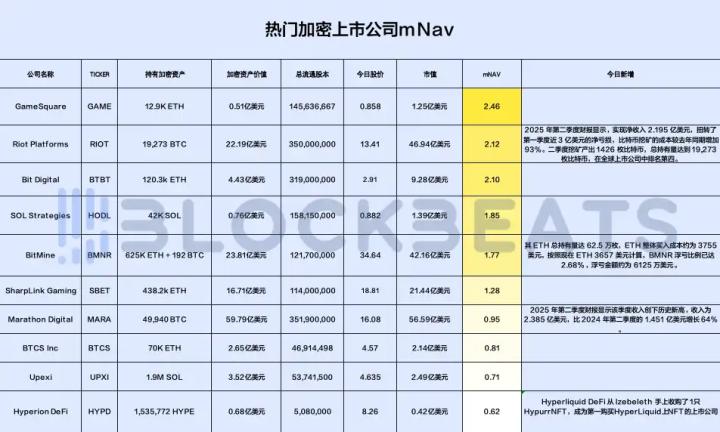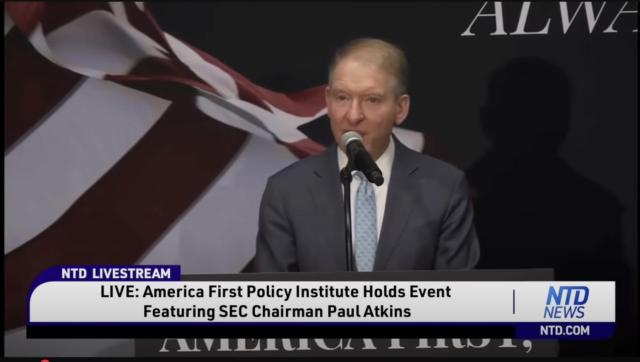The U.S. Securities and Exchange Commission (SEC) is moving closer to broadly approving Cryptoasset ETFs, thanks to new listing standards focusing on the Derivative market.
This occurs just days after the securities regulator approved in-kind ETF exchanges, allowing investors to directly trade tokens with issuers.
Cryptoasset ETFs have a Derivative-based framework under SEC's new standards
According to a new exchange filing, SEC now allows Cryptoasset ETFs with Futures Contracts to be listed for at least six months on Coinbase Derivatives or the Chicago Mercantile Exchange (CME).
Bloomberg's ETF analyst, Eric Balchunas, called this new rule a "pretty big deal", explaining that it opens opportunities for ETFs on about a dozen altcoins, many of which have high approval potential.
"Any coin with a Futures Contract tracked on Coinbase's Derivative exchange for over six months will be approved," Balchunas wrote on X (Twitter).
According to the ETF analyst, although CME's Futures Contracts are valid, Coinbase's Derivative market has more coins compared to CME, a U.S. Derivative market.
Based on this, Balchunas believes using Coinbase is easier as it also includes CME. This development follows the SEC's recent approval of in-kind ETF exchanges for Bitcoin and Ethereum.
Futures Contract market becomes the focus for ETF eligibility
This decision aligns more with traditional financial infrastructure, creating a premise for more complex Cryptoassets.
However, the path is not simple for meme coins and unestablished digital assets.
Balchunas emphasized that assets like Bonk on Solana or Trump coin, lacking an active Futures Contract market, will need a more complex path through the 1940 Investment Company Act, called the "$SSK Strategy".
"So we might see that but in a different structure. History shows, Act 33 was preferred because it was purely spot," Balchunas joked.
This structure is more restrictive and contrary to the 1933 Securities Act (33 Act), which regulates most spot Cryptoasset ETFs. Issuers are known to prefer this structure for its simplicity.
James Seyffart, an ETF analyst, suggests that SEC is delegating its decision.
He points out that the proposed listing standards do not mention market capitalization, liquidation thresholds, or token circulation requirements. This means currently focusing solely on the Futures Contract market.
"SEC has delegated the decision on which digital assets will be allowed in an ETF. CFTC is the primary decider of which assets can have Futures Contracts, and having a Futures Contract is the main requirement of this rule proposal," he wrote.
Until a spot Cryptoasset exchange becomes an ISG member, Coinbase Derivatives remains the only "pure Cryptoasset" member, emphasizing its important role.
Although this filing establishes a framework, many questions remain about timing. Balchunas estimates approvals could come as early as September or October, depending on regulatory feedback and final rule implementation.
This rule change is currently considered a significant milestone in integrating Cryptoassets with mainstream financial markets.
It may not completely open the door, but it provides a clearer roadmap for how Cryptoassets beyond Bitcoin and Ethereum might access ETFs in the coming months.







